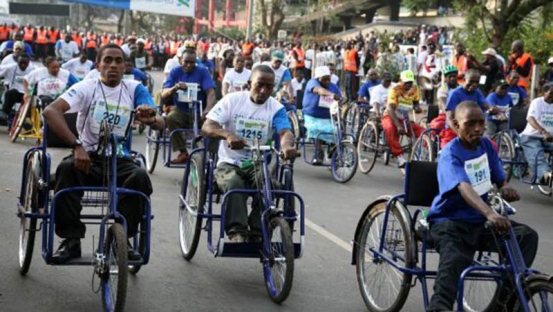×
The Standard e-Paper
Fearless, Trusted News

Minority groups across the country have been locked out of nomination as political parties reward cronies and family members with the slots.
The most affected are people with disability who are visibly missing from a number of county assemblies.